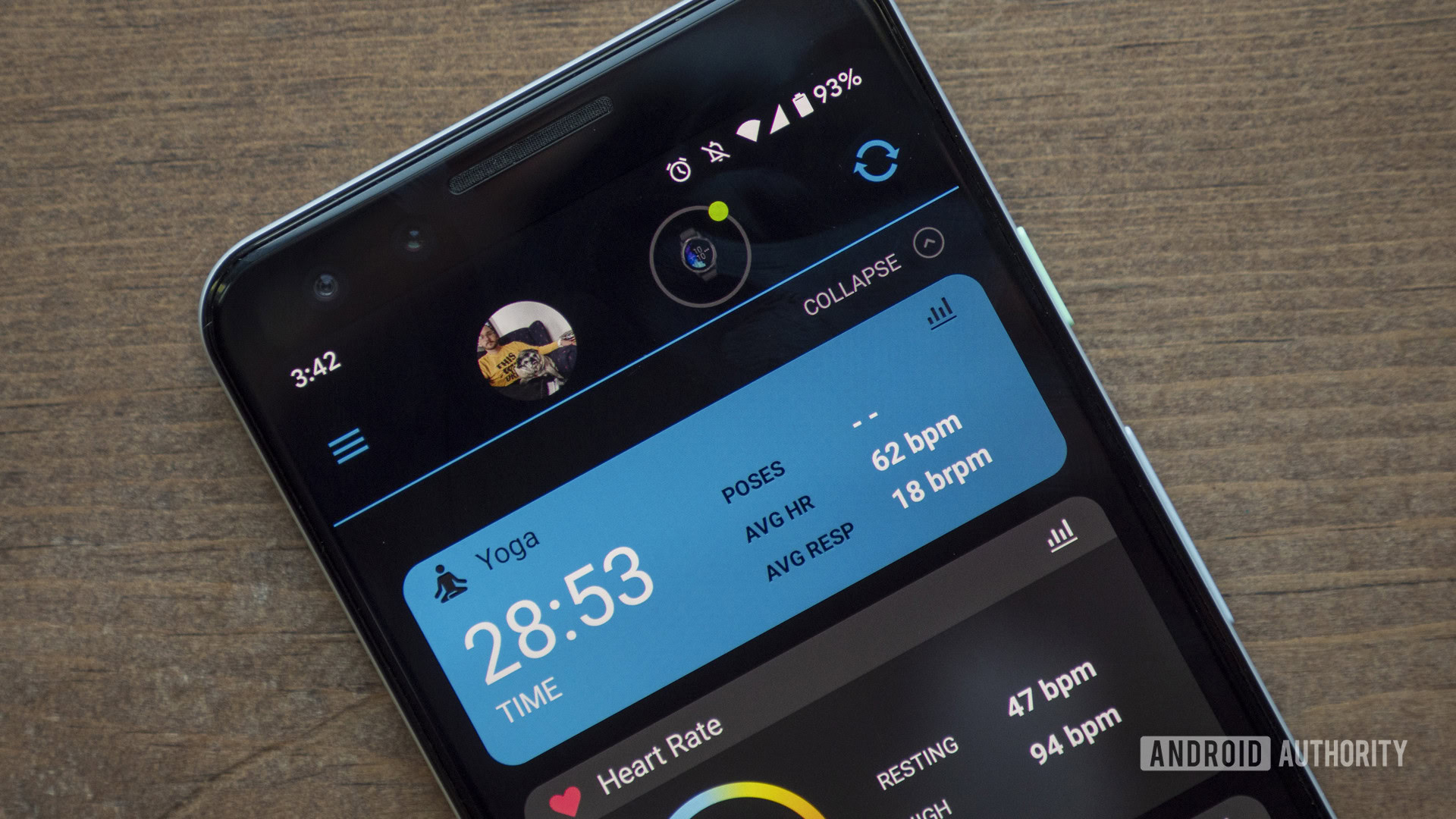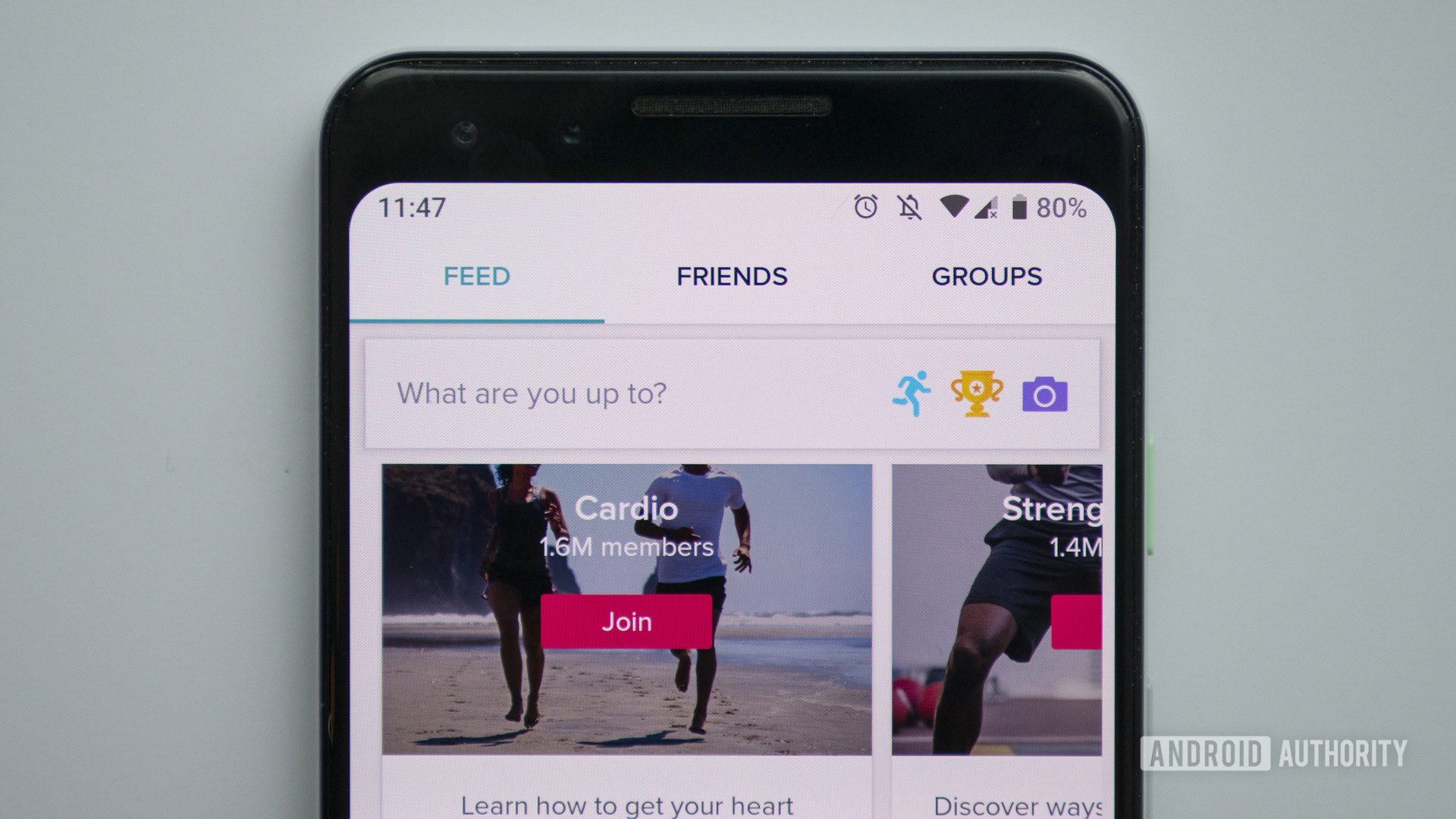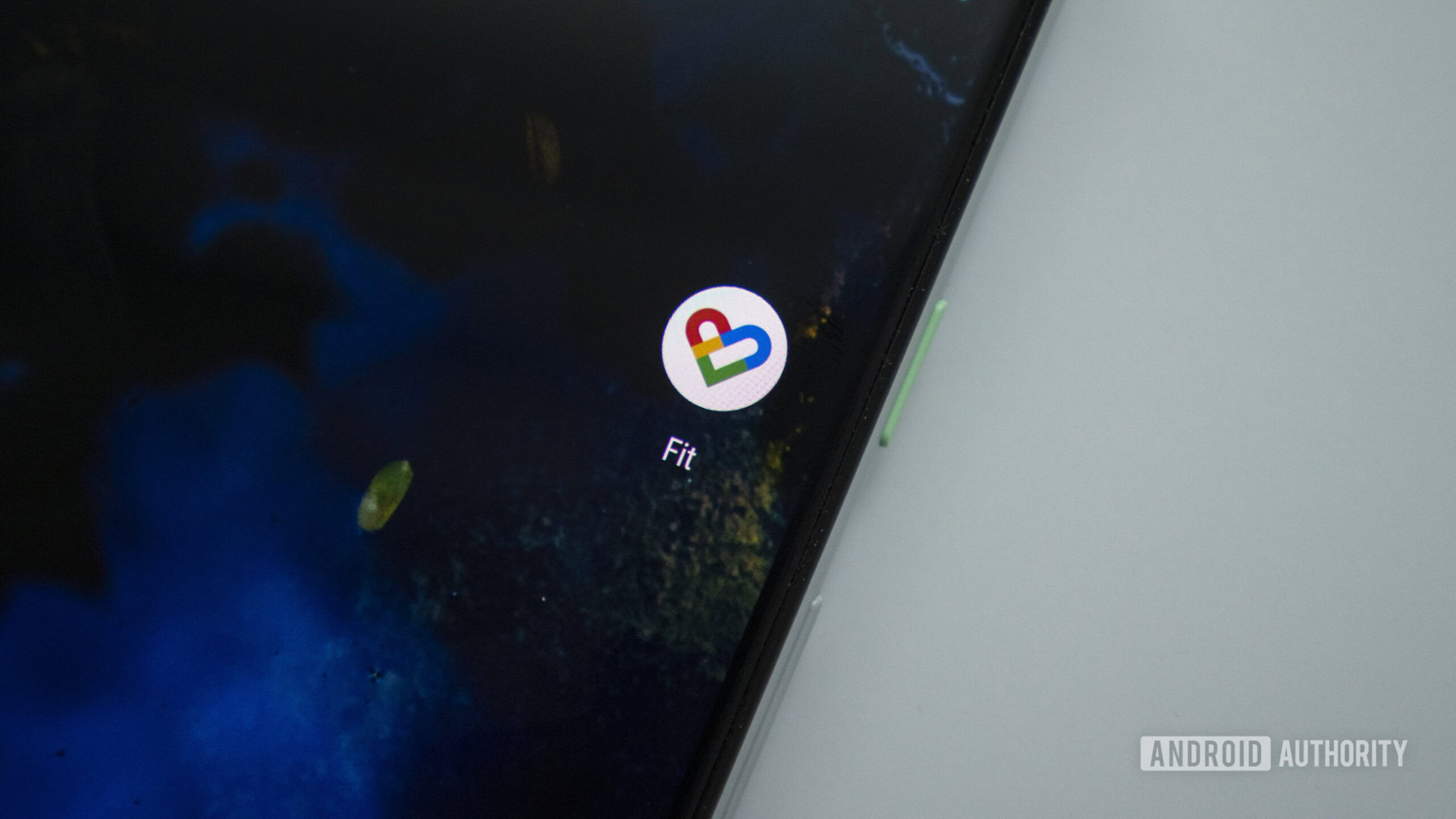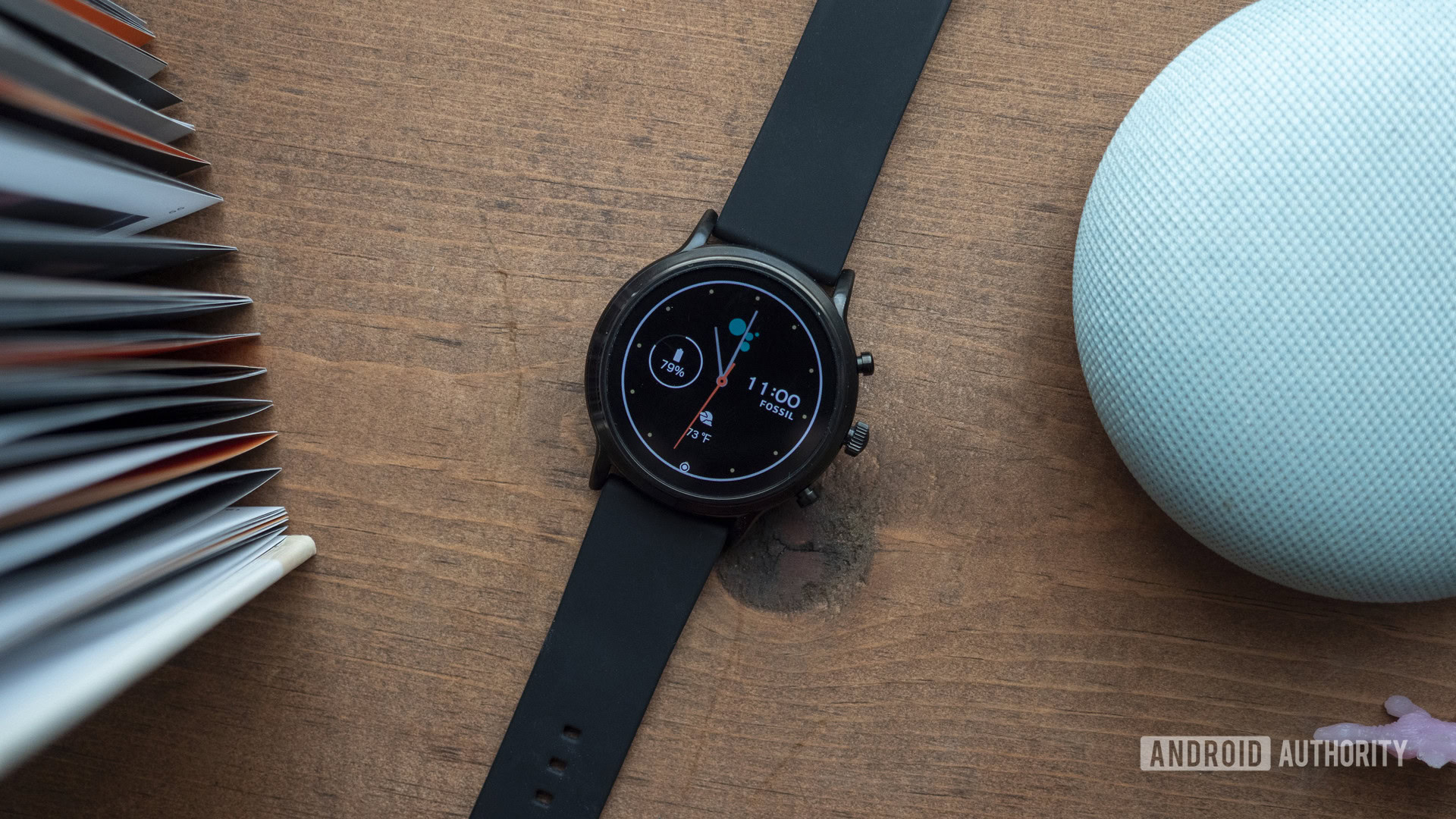Affiliate links on Android Authority may earn us a commission. Learn more.
This is by far the most underrated part of a fitness tracker
October 9, 2019

I’ve learned a few bits of important info while reviewing fitness products at Android Authority over the past few years.
Pricey fitness products are well worth the investment. People usually fall into two camps: Those who need a built-in GPS, and those who couldn’t care less. And, perhaps most importantly, the most underrated part of a fitness tracker is a decent smartphone app to back it up.
This isn’t really an issue with big-name brands like Fitbit, Garmin, or Apple, but it’s an issue with less-established companies in the fitness space.
If you care about what you’re spending your money on, you absolutely need to pay attention to the fitness app that comes with that fitness product. Here’s why.
Fitness apps should do more than show your step count
A lot goes into making a fitness product that’s worth people’s time. You need a good, comfortable design, accurate sensors, and you need to nail the price point. Those are all things we expect from fitness products. The smartphone app is oftentimes an afterthought, but it shouldn’t be.
A fitness tracker can be as accurate as ever with its data collection, but what good is it if you can’t do anything with that information? The device on your wrist collects data, which is obviously important, but fitness tracker and smartwatch screens are so small that they can’t display much information. Most of the time they’ll display your daily stats and maybe some activity history, but not much more than that. You need an “overflow” product that’s able to display the stats that the wearable can’t.
Also read: Everything you need to know about Google Fit
A good fitness app will take the information provided from the tracker and turn it into something useful. If you haven’t been sleeping well, a fitness app should not only tell you that you’re not sleeping well, but also what you should do about it. Maybe don’t drink that cup of coffee after dinner, or maybe try going to bed around the same time every night. Garmin Connect, Samsung Health, the Fitbit app, and more recently Google Fit all provide useful insights like this.
Social features help more than you know

While simple activity insights are becoming standard across most of the major fitness apps, social features are still few and far between. Fitbit’s app has an entire social network built into it, allowing like-minded users to chat with each other and post about things they’re going through. For example, I’m part of the running community in the Fitbit app. If I ran (ha) into any issues, I could post about it. All the people in that community would see my post, and I’d likely get some responses from people who might know more than me. If you’re looking to improve your fitness, this is a great way to do so.
Unfortunately, not many other “default” fitness apps have these features. Strava is another app that does social really well, but Garmin Connect could improve in this area, and Google Fit’s social features are nonexistent.
Related: Garmin Venu review | Fitbit Versa 2 review
Some of the more robust fitness apps also provide training plans, guides, and additional resources for people who want to focus on certain areas. When you buy a newer Garmin watch, you can utilize the built-in Garmin Coach training plans to help you run your first 5K, 10K, or half marathon. Samsung Health provides detailed articles on how to improve your training. Fitbit also now has Fitbit Premium, which creates custom-built training programs for a monthly fee.
Good fitness apps show companies are invested in the product


Don’t get me wrong, all of these extra fitness features aren’t a necessity. You don’t need custom training programs to improve your health. And many people buy fitness trackers simply to keep a better eye on their activity. That’s great! But companies that spend the time and resources on fitness apps are showing users that they’re invested in the platform. That’s why I’m happy to recommend fitness products from Garmin and Fitbit over, say, a fitness-focused Wear OS watch. I just can’t be as confident in Google’s focus on Google Fit as I am with another company that’s proven they’re in it for the long haul.
If you’re looking to invest in your next fitness product and want to make sure you’re getting a solid software experience, I’d personally recommend a Garmin, Fitbit, or Samsung device (accuracy issues aside). More specialized products from companies like Suunto and Polar will obviously be suited for more serious athletes. In my opinion, Wear OS watches are entirely saved by the fact that Wear OS is compatible with so many third-party fitness apps. It really makes up for Google Fit’s simplicity.
I’m not saying you shouldn’t go out and buy that Xiaomi Mi Band 4 or HUAWEI Band 3 Pro — if these products work for you and fit your budget, you should absolutely consider them. Just keep in mind that there are other devices out there with apps that can tell you more than how many steps you’ve taken.